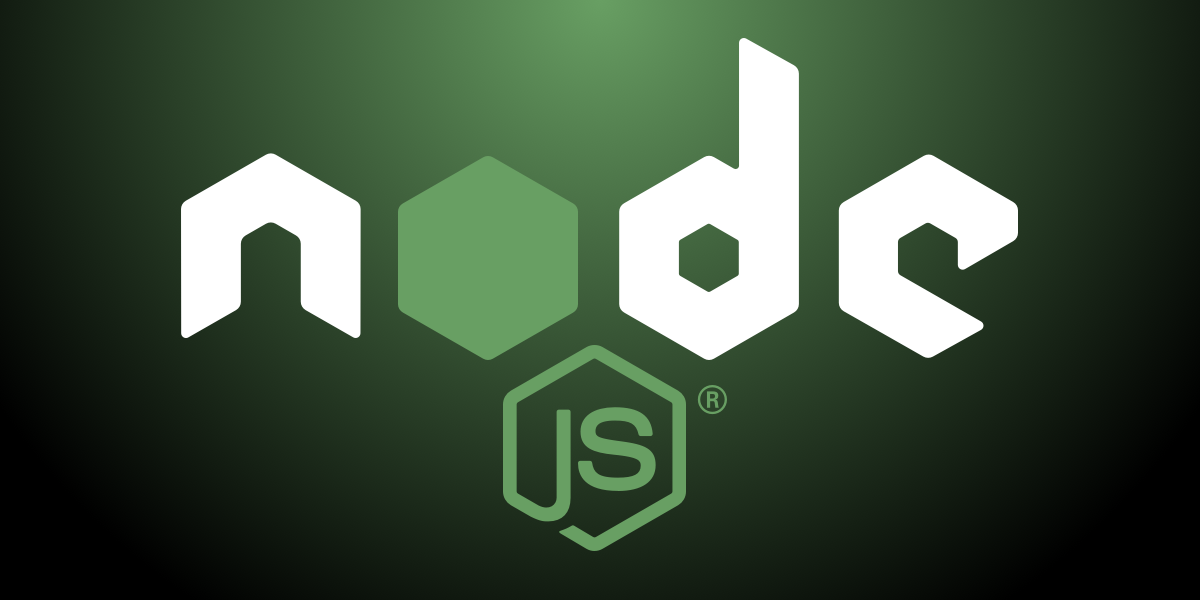Node.js allows the ability to execute JavaScript on a machine

Node.js is a JavaScript runtime environment. It runs on the Google Chrome V8 JavaScript engine. Node.js allows the ability to execute JavaScript on a machine level, as opposed to just within a browser.
Node.js was created by San Diego, California native, Ryan Dahl. It was introduced at the European JSConf on November 8, 2009.
Node.js is open source. To date, Node.js has 58 Contributors, 2989 Stargazers and 259 Watchers.
Node.js is cross-platform and can be ran on Windows, macOS and Linux machines.
Using Node.js to program the back-end functionality of a web application in addition to a JavaScript framework for the front-end, allows for "JavaScript everywhere" development.
Node.js uses an event driven paradigm, called an event loop, to control flow. The event loop executes statements on a single thread. While Node.js can be configured to process events synchronously, through blocking methods, it is asynchronous, using non-blocking methods, by default. This means one event does not have to wait for another to finish before it is processed.
The default package manager for Node.js is the Node Package Manager(npm). npm has a great community of contributors and over 1 million available packages.
Node.js was originally governed by the Node.js foundation. In 2012, Ryan Dahl passed the leadership of Node.js to Isaac Schlueter and in 2014 Schlueter passed the leadership to Timothy J. Fontaine. The Node.js foundation merged with the JS Foudnation in March of 2019 to form the OpenJS Foundation under the Linux Foundation's Collaborative Projects program.
Many large organizations have chose Node.js to run the back-end of their web applications. Some of these organizations are LinkedIn, Microsoft, Netflix, PayPal, WalMart, Yahoo and AWS.
As of today, the latest release of Node.js is 18.9.0, released September 2022.